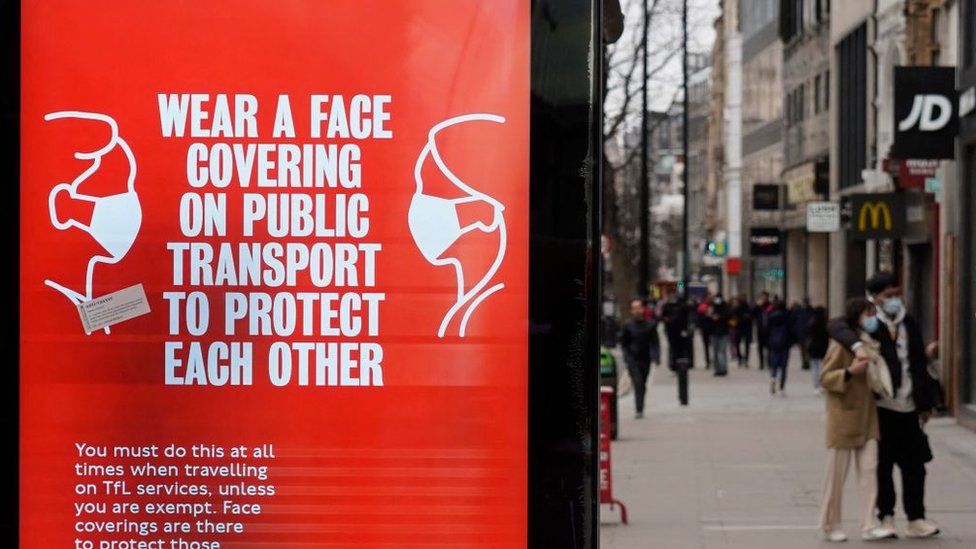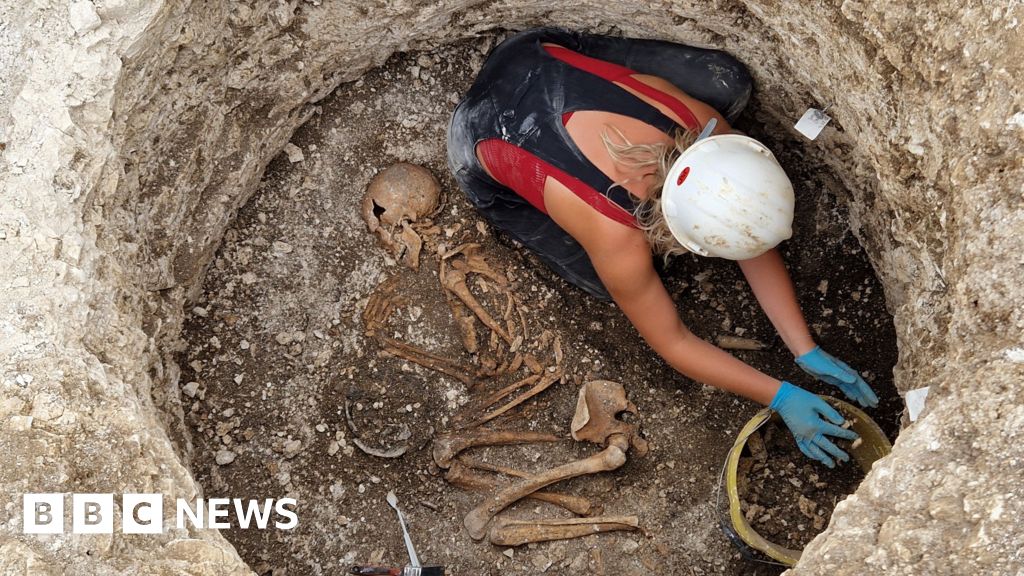ARTICLE AD BOX
 Image source, NIKLAS HALLE'N
Image source, NIKLAS HALLE'N
Campaigns that encouraged behaviour change during Covid should be used to tackle climate change, the Lords urge
By Georgina Rannard
BBC News
Information campaigns like those used in the Covid-19 pandemic would help individuals act on climate change, a House of Lords report has said.
To meet climate goals, a third of cuts to UK emissions by 2035 must come from people changing their behaviour, it says.
It calls the government's current approach "seriously inadequate".
In response the government said it is fully committed to its legally binding net zero climate goals.
The House of Lords report also advises government to financially support people to move to greener diets, transport and homes.
But calls to drive behaviour changes are at odds with Prime Minister Liz Truss's focus on not intervening in people's lives.
"I'm not going to tell you what to do, or what to think or how to live your life," she told the Conservative party conference.
"People will have different lifestyles and make different choices about what changes they need to make, but we're quite clear that people need to be helped to take this forward," Baroness Kate Parminter, chair of the House of Lords Environment and Climate Change Committee, which wrote the report, told BBC News.
The Covid-19 pandemic provided important lessons in how to communicate clearly, using science, to the public, she said.
"Covid was a crisis, the climate is a crisis. We can learn some very important messages around the communications and the scale of the problem," she adds.
Transport, food and energy are the key areas where we will need to change our behaviour, the report says.
It recommends the government provide grants so people can switch to electric cars, and that it make it much easier to cycle and walk instead of driving.
The committee strongly urges the government to consider a frequent-flyer levy, which charges regular flyers more.
To address the carbon footprint of our homes and high energy bills, the committee says the government must introduce a nationwide home-insulation drive.
It calls on the government to expand its ELMS scheme that rewards farmers for environmental work - a scheme Ms Truss's government is now reviewing.
But the committee concluded that taxes on foods that are bad for the environment should not be introduced now.
Baroness Parminter says there is "big reluctance" by the government to "be open with the public about how much change is needed in terms of how we travel, how we heat our homes, and what we eat and buy".
"We remain fully committed to the legally binding target of achieving net zero greenhouse gas emissions by 2050," a government spokesperson from the Department for Business, Energy & Industrial Strategy told BBC News.
The committee was told the public are eager for action and that 85% of people are very concerned by climate change.
Public messaging campaigns have huge power to change behaviour, the report says, highlighting the huge uptake of recycling nationwide.
But it insists that fairness must be at the heart of change. The wealthiest 10% in Britain have a carbon footprint nearly double the national average, and greater responsibility to reduce their emissions, the committee was told.
It also warned that corporate interest may try to prevent behaviour change - pointing to tobacco companies that undermined anti-smoking campaigns - and the government must guard against this.

 2 years ago
34
2 years ago
34








 English (US) ·
English (US) ·